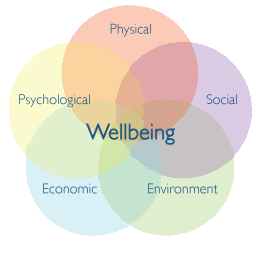THE RIGHT TO ADEQUATE FOOD
- Accessibility – price; availability.
- Quality - fresh; nutritious; healthful; pollutant free; free of genetic modification; disease free; cruelty free; non-damaging.
- Availability – distribution which provides fair and equal access to everyone; freedom to reproduce food plants and save seeds; freedom to lawfully grow food plants on private and public property.
- Food information – freedom of access to food information relating to diet, nutrition, health, food processing and production; freedom of information in respect to accessible, intelligible, easily understandable, and clearly laid out labelling of all food. Where food can be purchased without labelling, information must be provided by fact sheets and must be publicised on shelving and fittings where food is accessed in intelligible and easily understandable form.
- Food from animals – Must be cruelty free; must contain information relating to additives such as anti-biotics, growth stimulators. Food which appears to be free from animal products must be clearly labelled to be such or have the animal products boldly identified.
- Connectedness – the right to connectedness with the production of food so that there is widespread community understanding of animals, animal cruelty, use of pesticides and genetic modification; and any possible ecological harm or degradation brought about by food production.
- In no case, may citizens and residents be denied of their own means of subsistence except with regard to ecological degradation or to safeguard animal and plant species and their reproduction.
- Citizens and residents have the right to hold governments, government agencies and instrumentalities and similar organisations as well as corporations accountable for ecological degradation impacting on food and the rights outlined herein.



0 comments:
Post a Comment